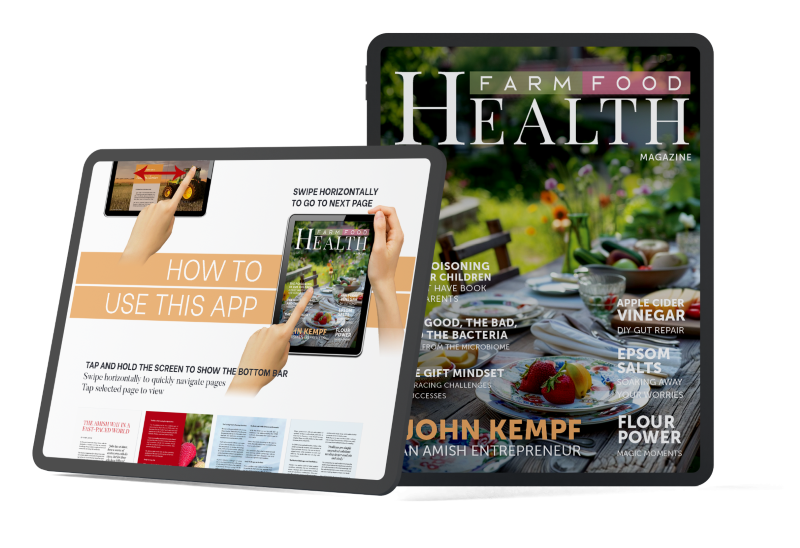Avoid These 3 Types of Milk After 65 for Better Health

As we age, our dietary choices become increasingly crucial in maintaining a healthy lifestyle. For individuals over 65, certain types of milk can pose hidden health risks while seemingly offering comfort and familiarity. Research published in the American Journal of Clinical Nutrition suggests that consuming specific milk varieties may inadvertently heighten the risk of chronic conditions such as inflammation, osteoporosis, and cognitive decline. In this article, we will explore three types of milk that seniors should consider avoiding, along with healthier alternatives that can contribute positively to their well-being.
1. Whole Milk: A Creamy Danger
Whole milk is often perceived as a wholesome option, evoking nostalgia for many. However, it contains high levels of saturated fats—over 4.5 grams per 8-ounce serving—which can be particularly harmful for older adults. With advancing age, our metabolism slows, and our arteries can become stiffer, making the heart work harder. Consuming whole milk regularly may increase LDL cholesterol levels, leading to cardiovascular problems such as heart attacks and strokes. A study by Harvard found that older adults who drink whole milk may raise their risk of heart-related issues by up to 18%.
Furthermore, whole milk is calorie-dense and can lead to unwanted weight gain. For seniors, who may already be struggling with mobility and muscle loss, these extra calories can severely compromise their health. Additionally, many seniors face lactose intolerance, which can cause digestive issues when consuming whole milk. Therefore, redefining comfort foods is essential.
Instead of whole milk, consider alternatives like fermented soy milk, which is rich in complete proteins and can support muscle strength and overall health.
2. Sweetened Condensed Milk: A Silent Saboteur
Sweetened condensed milk is another notoriously deceptive choice. While it may work well in desserts and coffee, it is essentially a sugar bomb, with around 10 grams of added sugar in just a tablespoon. This high glycemic content can cause rapid spikes in blood sugar levels, putting extra strain on the pancreas and potentially accelerating the risk of type 2 diabetes—especially concerning for seniors.
Chronic sugar consumption linked to brain health issues, leaving seniors vulnerable to neurodegenerative conditions. Increased sugar intake can affect mental clarity, leading to challenges such as forgetfulness or a foggy mind, often misattributed to aging. Moreover, sweetened condensed milk can impact digestion, resulting in bloating and discomfort.
A better sweetened option is unsweetened almond milk, which provides a creamy texture while being low in calories and free from cholesterol. Almond milk also contains vitamin E, an antioxidant beneficial for brain health.
3. Rice Milk: The Hidden Risks
Though rice milk is considered a gentle, plant-based alternative, it can be misleading. Predominantly composed of milled rice and water, rice milk lacks essential nutrients, including protein and healthy fats. This deficiency makes it inadequate for seniors, particularly as protein needs increase to prevent muscle loss.
Additionally, rice can absorb inorganic arsenic from the soil, which poses significant health risks, including kidney damage and increased cancer risk over time. Furthermore, the high glycemic index of rice milk can spike blood sugar levels—a major concern for seniors, especially those dealing with diabetes.
Instead of rice milk, opt for calcium-enriched oat milk, which not only promotes bone health with its calcium content but is also heart-friendly due to the presence of beta-glucan, a soluble fiber that aids in cholesterol management.
Conclusion: Making Informed Choices
For seniors, the choices regarding milk consumption should focus on nutritional quality over nostalgic preferences. By avoiding whole milk, sweetened condensed milk, and rice milk, older adults can significantly reduce their risk of chronic health issues. Opting for healthier alternatives like fermented soy milk, unsweetened almond milk, and calcium-enriched oat milk can provide essential nutrients while supporting both physical and cognitive health.
Takeaway
As dietary needs change with age, it’s important to reassess what we include in our diets. Prioritize options that nourish and protect your body, enhancing your overall quality of life in your golden years. Remember, it’s not just about what you enjoy at the moment—it's about what benefits your health in the long run.
We publish a quarterly magazine available in IOS, Android and Web reader. Stories and articles curated from amazing people all around the world.



